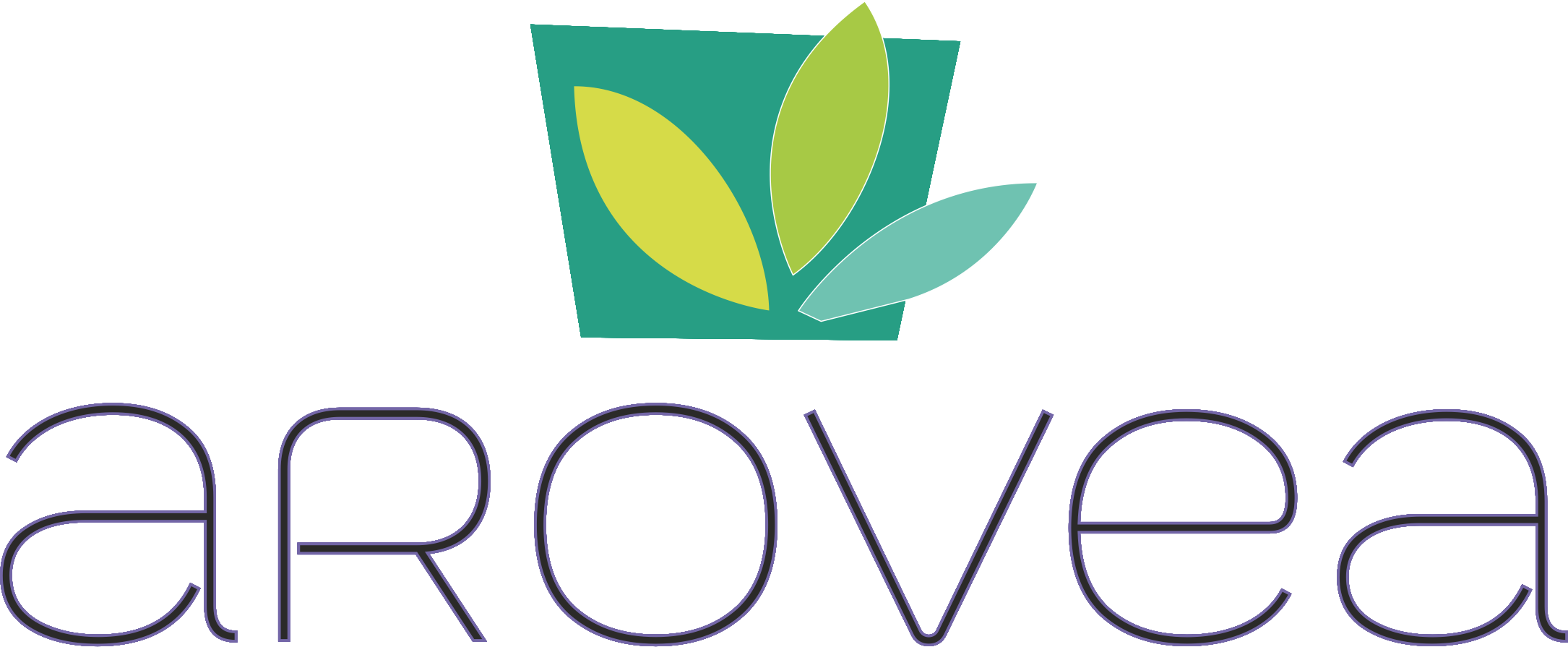All debts aren’t developed equal. Numerous scoring models, like the FICO scoring model while the VantageScore, distinguish between 2 kinds of financial obligation whenever determining your credit rating. This basically means, they treat revolving credit records differently. When you yourself have no clue just what we’re referring to, here’s a failure of exactly what revolving debt is and just how it may impact your credit.
always check our credit card calculator out.
Revolving Debt vs. Installment Debt
There are numerous key differences when considering revolving debt and installment debt.
Revolving financial obligation often identifies anything your debt from an account which allows you to definitely borrow secured on a line of credit. Revolving financial obligation frequently is sold with an interest rate that is variable. And you borrow, you don’t have to pay a fixed amount every month according to a schedule while you have to pay back whatever.
Revolving credit accounts don’t have certain loan terms. This means you are able to borrow funds as you really need it https://www.americashpaydayloans.com/payday-loans-nc/. That’s not the full situation with installment credit records.
Unlike revolving financial obligation, installment debt has to be paid back in fixed quantities over a group time period. As an example, let’s say you’re purchasing a $220,000 house. Invest the on a $176,000 home loan by having a 30-year term and a 3% fixed rate of interest, you may be likely to create a $742 homeloan payment on a monthly basis for 360 months.
With installment loans, you’ll receive your loan that is entire amount front side. And even though you could end up getting a variable rate of interest, most of the time, your rate of interest may be fixed at the start of your loan term. Besides home mortgages, typical forms of installment loans consist of figuratively speaking, auto loans and loans that are personal.
Forms of Revolving Credit Accounts
Credit debt and financial obligation from the true home equity credit line (HELOC) are a couple of types of revolving financial obligation. These credit reports are known as revolving reports because borrowers aren’t obligated to cover off their balances in complete each month. Such as a revolving home, these records permit you to borrow secured on your credit line again and again.
HELOCs work like bank card reports plus some need borrowers in order to make at least payment that is monthly. While you don’t have actually to cover your balances off straight away, paying down a number of that which you owe increases your available personal line of credit.
Unlike bank cards, nevertheless, HELOCs limitation just how long you are able to draw from your own personal line of credit. When the draw period ends, you’ll have to start trying to repay your balance. In the event that you can’t pay down the debt, your property could be seized. On the other hand, numerous charge cards are unsecured accounts, meaning that there’s no property that may be confiscated in the event that you can’t repay your financial troubles.
Revolving Financial Obligation and Your Credit Rating
Both revolving and debts that are installment on credit file. Having an assortment of credit records can provide your credit rating a little bit of a lift. Most likely, 10% of the credit history will depend on your credit mix, based on the FICO® scoring model.
Forgetting to help make an installment loan, bank card or HELOC re re payment might have an impact that is negative your credit. But revolving credit accounts are usually regarded as riskier because there’s usually nothing that a loan provider can repossess whenever a debtor defaults.
Charge card reports in certain may have an impact that is big your credit rating simply because they affect your credit utilization ratio. That’s the portion of the credit that is total line you’re using. The total amount of debt your debt (which takes your credit utilization ratio into account) makes up 30% of the FICO credit rating.
Since installment loans don’t have lines of credit, they don’t impact your credit utilization ratio. Consequently they’ve less of an effect on your credit history overall. Therefore while paying down your home loan along with your student education loans is very good, you’ll have to regularly pay back your revolving financial obligation should you want to see your credit enhance considerably in a short span of the time.
Main Point Here
You’ll wind up with revolving debt in the event that you draw funds from an available line of credit and neglect to pay it back immediately. Spending your bills on time for a daily basis is perhaps one of the most effective how to boost your credit history. But settling revolving debt (particularly your credit debt) will allow you to build credit faster than paying off installment debt.
While HELOCs and bank cards have actually lot in keeping, the effect that HELOCs have on the credit history can vary with respect to the credit bureau that’s monitoring your credit history. Though they’re theoretically revolving credit reports, they might be treated like installment loans for credit scoring purposes given that they should be repaid in regular installments in the long run.

